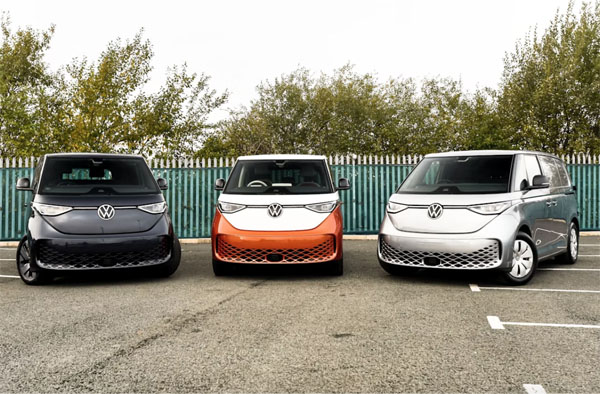7 Things Every Buyer Should Consider Before Choosing a Used Car
By Space Coast Daily // July 6, 2025

Buying a used car can be an overwhelming experience, especially for first-time buyers. The thrill of owning a vehicle is often tempered by concerns about reliability, hidden defects, and value. With so many makes, models, and sellers to choose from, it’s easy to feel uncertain about where to start. Taking a structured approach to your search and understanding what to look for can make the entire process smoother and more enjoyable. Doing your homework helps you avoid common pitfalls. Here are seven key considerations that can guide you in making an informed decision when purchasing a used car.
Vehicle History Report
One of the most crucial steps in the used car buying process is obtaining a vehicle history report. This document provides important information about the car’s past, including accidents, title issues, and service records. Utilizing services like Carfax or AutoCheck can help buyers gain insight into potential red flags. A car that has been in multiple accidents might indicate a problematic history, influencing its reliability and resale value. Make it a priority to review this report thoroughly before proceeding further.
Inspection and Test Drive
Before finalizing your purchase, schedule a professional inspection with a trusted mechanic. Even if you notice that the car looks good visually, there might be underlying issues that only an expert would identify. During this inspection, mechanics check for vital aspects like the engine’s condition, brakes, tires, and all other systems. Take the car for a test drive to evaluate its performance and comfort. This allows you to check for any strange noises and how the vehicle handles on the road.
Space and Comfort Requirements
Think about your space and comfort requirements. Depending on your lifestyle, you may need a vehicle that can accommodate families, pets, or various gear. If you often travel with multiple passengers, consider used SUVs with space for everyone or minivans that offer flexible seating and ample storage without compromising on comfort. On the other hand, if you primarily drive alone or have a shorter commute, a compact car might be a more efficient and budget-friendly choice. Be mindful of both your immediate and long-term needs to ensure lasting satisfaction with your purchase.
Budget Considerations
Establishing a budget is paramount when considering a used car purchase. Beyond the sticker price, factor in insurance, taxes, registration fees, and anticipated maintenance costs. Depending on your financial situation, it may be helpful to set a maximum price to ensure that you remain within your means. Consider whether you want to purchase from a dealership or a private seller, as costs often vary significantly between these options. Being transparent about your budget can help narrow down the choices to options that won’t strain your finances down the line.
Fuel Efficiency and Emissions
Consider the fuel efficiency of the used car you are interested in, as this can greatly impact long-term expenses. Vehicles with better fuel economy can save buyers significant amounts on gas, particularly if the car will be used for daily commutes or family trips. In today’s environmentally conscious world, emissions ratings are becoming increasingly important. Opting for a vehicle with lower emissions helps the environment and can influence your vehicle tax in some regions. Therefore, it is crucial to assess these factors when keeping an eye on your running costs.
Financing Options
Understanding your financing options is critical when purchasing a used vehicle. Many dealerships offer financing plans, but it’s worth shopping around for the best rates from banks or credit unions. Having a pre-approved loan can strengthen your bargaining position. Be aware of the interest rates and terms you are offered, as these factors will affect your total payment amount. Engaging in this financial preparation before visiting a dealership can prevent problems and help you avoid overspending.
Resale Value
When buying a used car, consider its estimated resale value. Some brands and models hold their value significantly better than others. This should factor into your decision. Research car depreciation rates to see how different models fare over time. This consideration is particularly relevant if you plan to sell or trade in the vehicle in the future. Depreciation can save or cost you a substantial amount, so being informed can lead to better financial outcomes down the road.

By carefully considering these seven aspects before purchasing a used car, you equip yourself with the knowledge and awareness to make an informed choice. The right vehicle can provide years of dependable service and satisfaction, and being proactive in your assessment will invariably work to your advantage. Taking the time to research, inspect, and ask the right questions can make the difference between a smart investment and future regret. With patience and diligence, your used car purchase can be a rewarding experience that meets both your practical needs and personal preferences.












